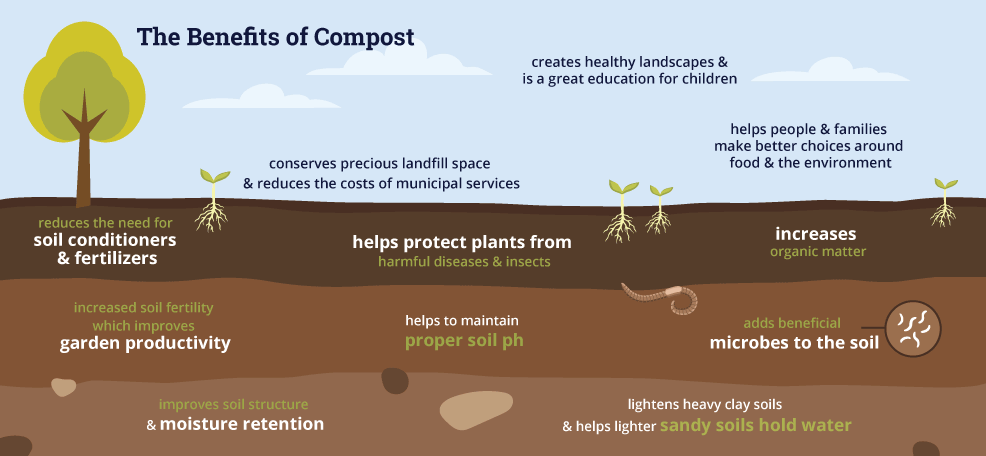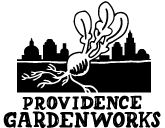Yard and food waste make up about 30 percent of landfill debris in the US. 230 pounds per person of yard waste alone is generated each year. When multiplied by the number of people in a household it’s easy to see the difference composting can make.
From Seed to Soil to Salad
 Providence GardenWorks is an urban home composting and urban home gardening business that provides installation, training and technical support to and for urban composters and gardeners. We are committed to helping build healthy families and communities by harnessing the garden life cycle at home.
Providence GardenWorks is an urban home composting and urban home gardening business that provides installation, training and technical support to and for urban composters and gardeners. We are committed to helping build healthy families and communities by harnessing the garden life cycle at home.
Urban Gardening
The phrase “Farm to Table” is not just a marketing ploy anymore. Consumers are increasingly beginning to understand the direct link between eating well and better personal health and longevity. With healthier food options and information, people want and are able to have greater control over what they eat. Home gardening is one of the most positive and rewarding steps you can take toward achieving these goals. We also provide pruning services for ornamental and fruit trees.
What is Composting?
Simply put, composting is a managed biological process of breaking down crude organic matter, such as food scraps, leaves and coffee grinds into a rich soil amendment. It is a relatively simple and deeply satisfying process that can become a natural part of your daily routine. The satisfaction you will get from making your own compost is profound and long lasting.

Why Compost?
Composting provides the raw material for gardening and visa versa. More and more people are realizing the importance of removing food waste from our local and national waste streams and want to nutrify their garden soil in a responsible, environmentally friendly way.
What can be Composted?
The first step is to become familiar with basic kitchen scrap and garden waste composting, which can be characterized as “Brown” or Green.” When that becomes more comfortable, the more advanced step is adding in meat and dairy items to compost.
leaves, dry grass clippings, dried flowers, chipped brush, hair, dryer lint (cotton material only), well-shredded cardboard, peanut shells, shredded straw, shredded newspaper, shredded egg carton, sawdust, wood chips and shavings, seaweed, dog and cat food (a nitrogen activator)
all food scraps including meat and dairy, paper tea bags, coffee grounds, egg shells, lobster shells, fresh grass clippings, chicken and rabbit poop

